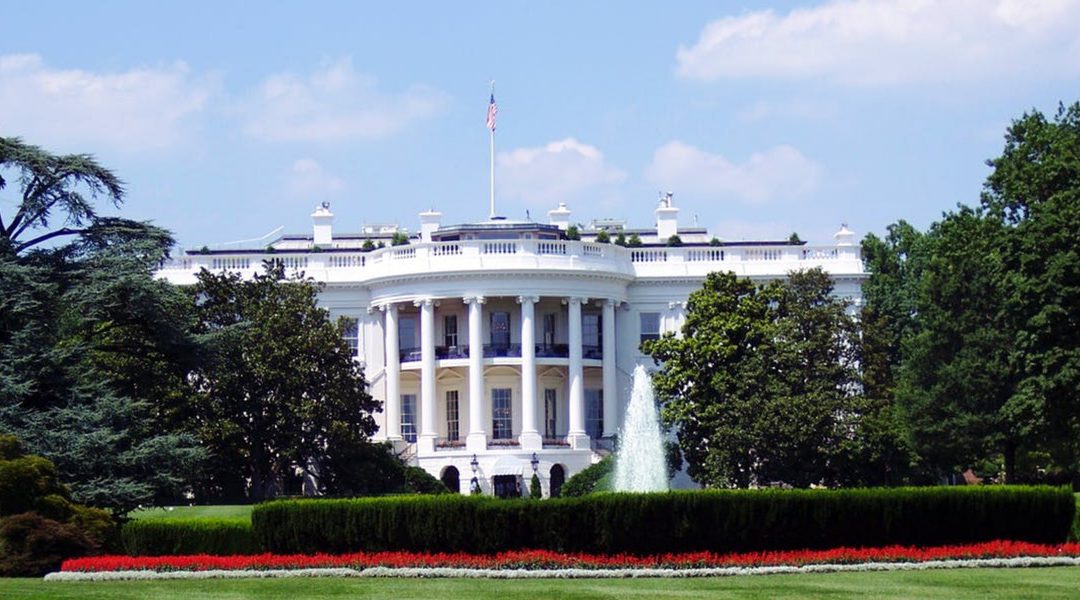Are you curious about what is in President Trump’s federal income tax returns?
If so, your curiosity is likely soon to be satisfied.
Yesterday, April 3, 2019, Richard E. Neal, Chairman of the U.S. House Committee on Ways and Means, sent a letter to IRS Commissioner Charles Rettig, requesting copies of President Trump’s federal income tax returns for 6 years–2013 through 2018.
He also asked for copies of the tax returns for 8 entities associated with the President. And, Chairman Neal also asked the IRS to provide certain information about these returns, including whether they are or ever were under IRS audit and, if so, the reason for the audit.
You can read Chairman Neal’s letter to the IRS Commissioner here.
Now, it’s true that federal tax returns and information about them are confidential in nature.
This confidentiality is mandated by Section 6103 of the Internal Revenue Code. In fact, the confidentiality of federal tax returns is so sacrosanct, that there is a statute (Section 7213 of the Internal Revenue Code) making it a serious crime to make unauthorized disclosures of federal tax returns or information related to those returns.
So, what’s the deal with Chairman Neal’s letter to the IRS, requesting copies of President Trump’s tax returns and information about IRS audits of the President? Are the President’s returns entitled to the same confidentiality that your tax returns or mine enjoy?
The answer is yes.
However, it turns out that a close reading of Section 6103 reveals the existence of a little known subsection that essentially makes the President’s (and, really, any person’s) federal tax returns subject to the risk of public disclosure. And that arcane provision, which you’ll undoubtedly be hearing more about in coming days, is Section 6103(f)(1).
Here is what Section 6103(f)(1) says: “Upon written request from the chairman of the Committee on Ways and Means of the House of Representatives, the chairman of the Committee on Finance of the Senate, or the chairman of the Joint Committee on Taxation, the Secretary shall furnish such committee with any return or return information specified in such request, except that any return or return information which can be associated with, or otherwise identify, directly or indirectly, a particular taxpayer shall be furnished to such committee only when sitting in closed executive session unless such taxpayer otherwise consents in writing to such disclosure.”
For a tax law provision, Section 6103(f)(1) is actually pretty straightforward and unambiguous.
There is only 1 requirement to the absolute statutory, legal obligation of the Secretary of the Treasury (i.e., Steven Mnuchin) to furnish the requested tax returns and return information to the House Ways and Means Committee. And that requirement is that the chairman of the Committee make a written request, which Chairman Neal has done with his letter yesterday.
Now, it’s true that the language in Section 6103(f)(1) may require that the written request be made to the Treasury Secretary rather than to the IRS Commissioner, but that is probably putting too fine a point on the language of the statute. If the IRS Commissioner responds by saying that he is the inappropriate party to receive the request from Chairman Neal, then Chairman Neal can simply redirect his request to Secretary Mnuchin.
Let’s take another look at what Section 6103(f)(1) requires the Treasury Secretary to do when a particular person’s federal tax returns are requested by the Chairman of the House Ways and Means Committee. The statutory language says that “any return or return information which can be associated with, or otherwise identify, directly or indirectly, a particular taxpayer shall be furnished to such committee only when sitting in closed executive session unless such taxpayer otherwise consents in writing to such disclosure.”
In this case, it is obvious that the returns and return information requested by Chairman Neal can be associated with, or otherwise identify, directly or indirectly, a particular taxpayer (i.e., President Trump).
So, in this instance it appears that Secretary Mnuchin will be required to furnish the Committee with President Trump’s tax returns and return information only when the Committee is sitting in closed executive session unless President Trump otherwise consents in writing to the disclosure.
I will assume that President Trump probably will not consent to disclosure of his tax returns and return information relating to IRS audits. Therefore, neither the IRS nor the Treasury Department can just email, fax, mail, hand-deliver or otherwise provide Chairman Neal or the House Ways and Means Committee with the President’s tax returns. Rather, the returns and the return information must be furnished to the Committee when it is sitting in closed executive session.
So, what will happen after the Committee gets to see President Trump’s tax returns?
Well, there may be a question whether the copies of the returns have to or even can be left with the Committee after it exits from closed executive session.
Look at the express language of the statute again–it provides that the Secretary of the Treasury is required to furnish the Committee with the tax returns and return information “only when sitting in closed executive session.”
I doubt that this is the correct interpretation of the language in Section 6103(f)(1), but even if it is, the cat will essentially be out of the bag once the Committee gets to see the President’s tax returns and gets to hear from Secretary Mnuchin or IRS Commissioner Rettig whether the President’s tax returns are or were under IRS audit.
For example, one of the members of the Committee could simply read the President’s tax returns into the record of the Committee. If the tax returns do actually become records of the Committee once they are furnished to the Committee, then the actual tax returns could themselves become public.
But what about Section 7213 of the Internal Revenue Code? Doesn’t it criminalize the unauthorized disclosure of someone’s tax returns or return information?
Yes, it does.
Is disclosure to the public by Congress or a Congressional Committee of an individual’s federal income tax returns authorized in the Internal Revenue Code?
No, it is not.
So, you may ask, are members of Congress subject to criminal prosecution if they disclose President Trump’s tax returns by reading his returns or entering his tax returns into the official records of Congress or a Congressional Committee?
The answer is no.
And this is where you are going to be hearing about a particular clause of the U.S. Constitution and Viet Nam era Supreme Court case a lot over the next days, weeks and months.
First, the U.S. Constitution provision. Article I, Section 6, Clause 1 of the U.S. Constitution provides as follows: “The Senators and Representatives shall receive a Compensation for their Services, to be ascertained by Law, and paid out of the Treasury of the United States. They shall in all Cases, except Treason, Felony and Breach of the Peace, be privileged from Arrest during their Attendance at the Session of their respective Houses, and in going to and returning from the same; and for any Speech or Debate in either House, they shall not be questioned in any other Place.”
This is called the Speech or Debate Clause.
In effect, it gives Senators and Representatives immunity for any speech or debate in the Senate or the House. As the U.S. Supreme Court said in the 1973 case of Gravel v. U.S., “[t]he last portion of § 6 affords Members of Congress another vital privilege [which is that ]they may not be questioned in any other place for any speech or debate in either House.”
You will be hearing a lot about the case of Gravel v. U.S. a lot in the coming days.
That was a Supreme Court case that involved Senator Gravel of of Alaska who read to a subcommittee from classified documents (the Pentagon Papers), which he then placed in the public record. Although the focus of the case was really on a Congressional aide to Senator Gravel and whether that aide aides had a privilege not to testify before a grand jury with respect to private publication of materials introduced into a subcommittee record (i.e., whether the Speech or Debate clause protected the aide as well as Senator Gravel), the Supreme Court made a number of statements that clearly stand to protect Senators and Representatives from prosecution for statements made and actions taken in the course of legislative activity.
For example, the Court said “Rather, [Senator Gravel’s] insistence is that the Speech or Debate Clause, at the very least, protects him from criminal or civil liability and from questioning elsewhere than in the Senate, with respect to the events occurring at the subcommittee hearing at which the Pentagon Papers were introduced into the public record. To us this claim is incontrovertible.”
The Court also said “The Speech or Debate Clause was designed to assure a co-equal branch of the government wide freedom of speech, debate, and deliberation without intimidation or threats from the Executive Branch. It thus protects Members against prosecutions that directly impinge upon or threaten the legislative process. We have no doubt that Senator Gravel may not be made to answer either in terms of questions or in terms of defending himself from prosecution — for the events that occurred at the subcommittee meeting.”
So, what is the bottom line with President Trump’s tax returns?
The law is clear that the Chairman of the House Ways and Means Committee is within his legal rights to request President Trump’s tax returns under Section 6103(f)(1) of the Internal Revenue Code.
Whether he should or should not have done so is a topic for discussion. It certainly seems that when Congressional Committees begin to seek private citizens’ tax returns, we are approaching a precipitous moment in our country. Tax returns are confidential for a reason, and taking actions that can lead to a citizen’s tax returns being made public is a dangerous precedent. What will prevent a House Ways and Means Chairman at some point in the future requesting the furnishing to the Committee of all members of this organization, this group, or this subset of society or another.
And the law is clear that that Treasury Secretary must furnish the Committee with President Trump’s tax returns in closed executive session. And the Speech or Debate Clause and the case of Gravel v. U.S. support the proposition that once the Committee has the President’s returns, Congressional members will have the ability to enter the President’s tax returns into the records of the Committee so that the President’s returns will become public knowledge.
Lastly, consider this. Even though the records of a House Committee operating in closed session are not immediately open to the public, the full House can simply vote to make the records of the Committee that was operating in closed session a part of the public record. With the party controlling the House Ways and Means Committee being the majority party in the House, it certainly seems likely that the full House would vote (probably along party lines) to make the President’s tax returns public.
So, are you curious about the President’s tax returns and want to see what all the brouhaha is all about?
Well, it looks like you’re soon about to see for yourself.

